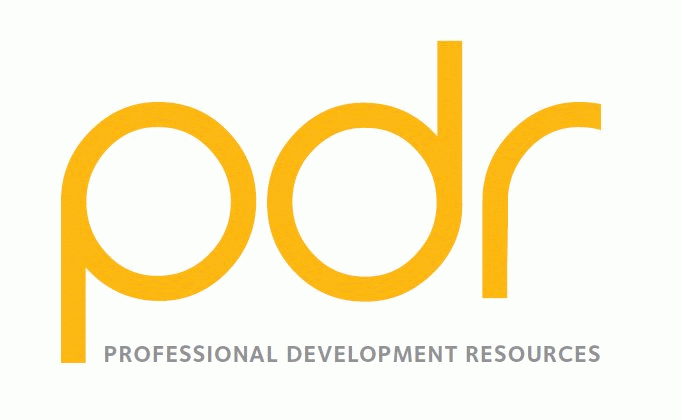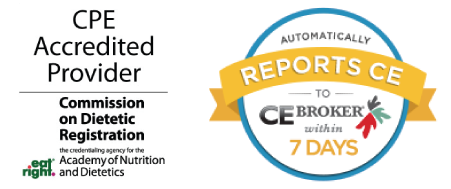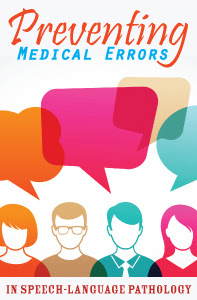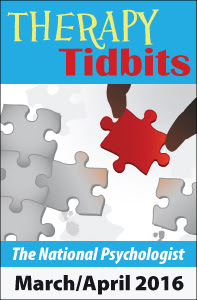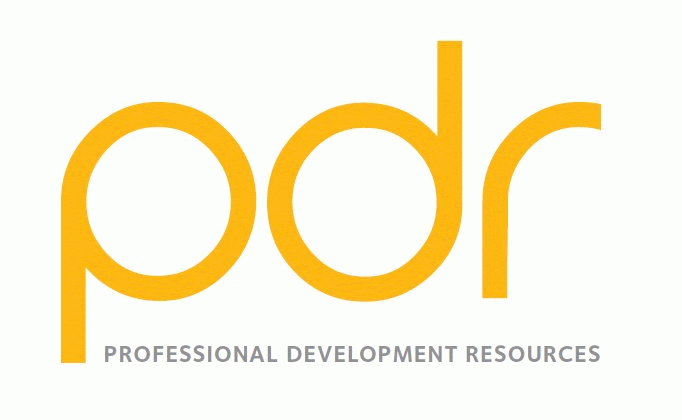By Janet T. Thomas, PsyD
 Clinical supervision is integral to graduate student training, postdoctoral licensure preparation and psychologists’ development of new competencies. Supervision may be mandated by licensing boards or employers to remediate psychologists’ practices following ethical violations. In these contexts, the impact of supervision on supervisees and their clients – for better or worse – can be momentous.
Clinical supervision is integral to graduate student training, postdoctoral licensure preparation and psychologists’ development of new competencies. Supervision may be mandated by licensing boards or employers to remediate psychologists’ practices following ethical violations. In these contexts, the impact of supervision on supervisees and their clients – for better or worse – can be momentous.
Supervisees’ experiences with and observations of their supervisors likely contribute more to learning the fundamental ethical principles they internalize than anything read or explained (Tarvydas, 1995). The following ethical considerations should be considered before entering into a supervisory experience.
Competence
Given the importance of the supervisory experience, supervisors must develop and sustain their knowledge and skills to execute their duties competently (Standard 2.03, APA, 2010). Supervisory competence necessarily includes expertise in supervision, in the areas of practice supervised and in professional ethics. Postgraduate training, regular review of professional literature and consultation with colleagues are good strategies for strengthening and refining competence.
A corollary responsibility involves attention to the competence of supervisees. To protect client welfare, supervisors must accurately assess supervisees’ evolving skills and ensure that they can effectively manage assigned cases with the supervision available to them (Standard 2.05, APA, 2010).
Another aspect of supervisors’ competence involves teaching ethical practice and monitoring supervisee compliance. Beyond the abstraction of graduate ethics courses, practica and internships provide clinical contexts in which the ethical nuances and complexities of practice emerge. (Handelsman, Gottlieb, and Knapp, 2005).
Supervisors must identify and capitalize on teachable moments to help supervisees understand and apply ethical precepts. The potential for misunderstanding and misapplication by novice professionals is significant (Thomas, 2010), but experienced professionals may also be vulnerable to ethical missteps. For example, latter-career ethical errors may arise from mismanaged countertransference, lack of knowledge about evolving ethical standards, personal problems compromising objectivity and effectiveness or other factors.
Clinical Oversight
Fulfilling supervisory duties requires substantive oversight of supervisees’ clinical work. Focusing on supervisees’ self-reporting and on their selected work samples is useful but insufficient. Supervisees may withhold pertinent information from supervisors for various reasons (Mehr, Ladany and Caskie, 2010/2015).
Therefore, supervisors are advised to employ supplementary monitoring methods, such as reading reports and other records, reviewing recordings of clinical work, surveying client satisfaction, seeking feedback from other sources and conducting live observation. Information gleaned through such activities assists supervisors in meeting their obligation to provide timely specific evaluative feedback to supervisees about their work performance (Standard 7.06, APA, 2010).
Another task of supervision is to delineate clearly the types of cases, clinical events and circumstances that supervisees are expected to discuss with supervisors (Thomas, 2007). Examples include emergency situations, allegations of unethical conduct, contact with clients outside professional settings and countertransference or strong feelings toward clients (such as anger, pity, sexual feelings). Educating supervisees about critical topics for supervisory discussion and probing for such content can help supervisees identify or avoid ethical pitfalls, make course corrections and mitigate or repair harm when errors occur.
Informed Consent
Incorporating these strategies necessitates obtaining informed consent from both supervisees (Standard 3.10, 7.06 a, APA, 2010) and their clients (Standard 10.01c, APA, 2010). Ethical Standards (APA, 2010) stipulate that supervisees be informed about what is expected, how and when they will be evaluated, the limitations of confidentiality in supervision, complaint procedures and other factors affecting their participation (Thomas, 2010). Supervision contracts can convey such information and document supervisees’ informed consent (Thomas, 2007).Clients must be informed about trainees’ status as learners (Standards 4.02; 10.01(c), APA, 2010). Carefully documented, these steps serve not only as an effective means of modeling ethical practice but also as a risk management strategy for supervisors and supervisees.
Resources for Supervisors
Supervisors seeking to ensure their own and supervisees’ ethical practice will find guidance from several sources. The APA Ethical Principles of Psychologists and Code of Conduct (2010) includes ethical requirements applicable to supervisors. More detailed guidance recently has become available in Guidelines for Clinical Supervision in Health Service Psychology (APA, 2014).
These aspirational guidelines offer recommendations related to supervisor and supervisee competence, the supervisory relationship, professionalism, supervisee evaluation and legal and ethical considerations.
Finally, as the professional literature more comprehensively addresses supervision issues, supervisors have increasing resources to help them develop and maintain ethical supervisory practice.
Source: http://nationalpsychologist.com/2015/07/ethical-considerations-for-clinical-supervisors/102928.html
This article is included in the July/August 2015 edition of The National Psychologist: https://www.pdresources.org/course/index/1/1247/The-National-Psychologist-JulyAugust-2015
Related Online CEU Course:
Clinical Supervision: Framework for Success is a 3-hour online continuing education course that outlines best practices in psychotherapy supervision and reviews the structure of the supervisory relationship. Topics presented will include developmental models of supervision, goals of the supervisory experience, ethics and risk management in the supervision process, and diversity awareness training for the supervisee. The vital and, at times, challenging relationship between supervisor and supervisee will be discussed and compared to the therapy relationship. The important topic of self-care of both the supervisee and the supervisor will be presented. A review of the type and structure of performance evaluations will be included, along with information about successful termination. Essential resources for the supervisor to utilize throughout the training experience will be provided at the end of the course. Closeout Course #30-21 | 2006 | 35 pages | 39 posttest questions
Professional Development Resources is approved by the American Psychological Association (APA) to sponsor continuing education for psychologists. Professional Development Resources maintains responsibility for all programs and content. Professional Development Resources is also approved by the National Board of Certified Counselors (NBCC); the Association of Social Work Boards (ASWB); the American Occupational Therapy Association (AOTA); the American Speech-Language-Hearing Association (ASHA); the Commission on Dietetic Registration (CDR); the California Board of Behavioral Sciences; the Florida Boards of Social Work, Mental Health Counseling and Marriage and Family Therapy, Psychology & School Psychology, Dietetics & Nutrition, Speech-Language Pathology and Audiology, and Occupational Therapy Practice; the Ohio Counselor, Social Worker & MFT Board; the South Carolina Board of Professional Counselors & MFTs; and by theTexas Board of Examiners of Marriage & Family Therapists and State Board of Social Worker Examiners.
Like this:
Like Loading...














